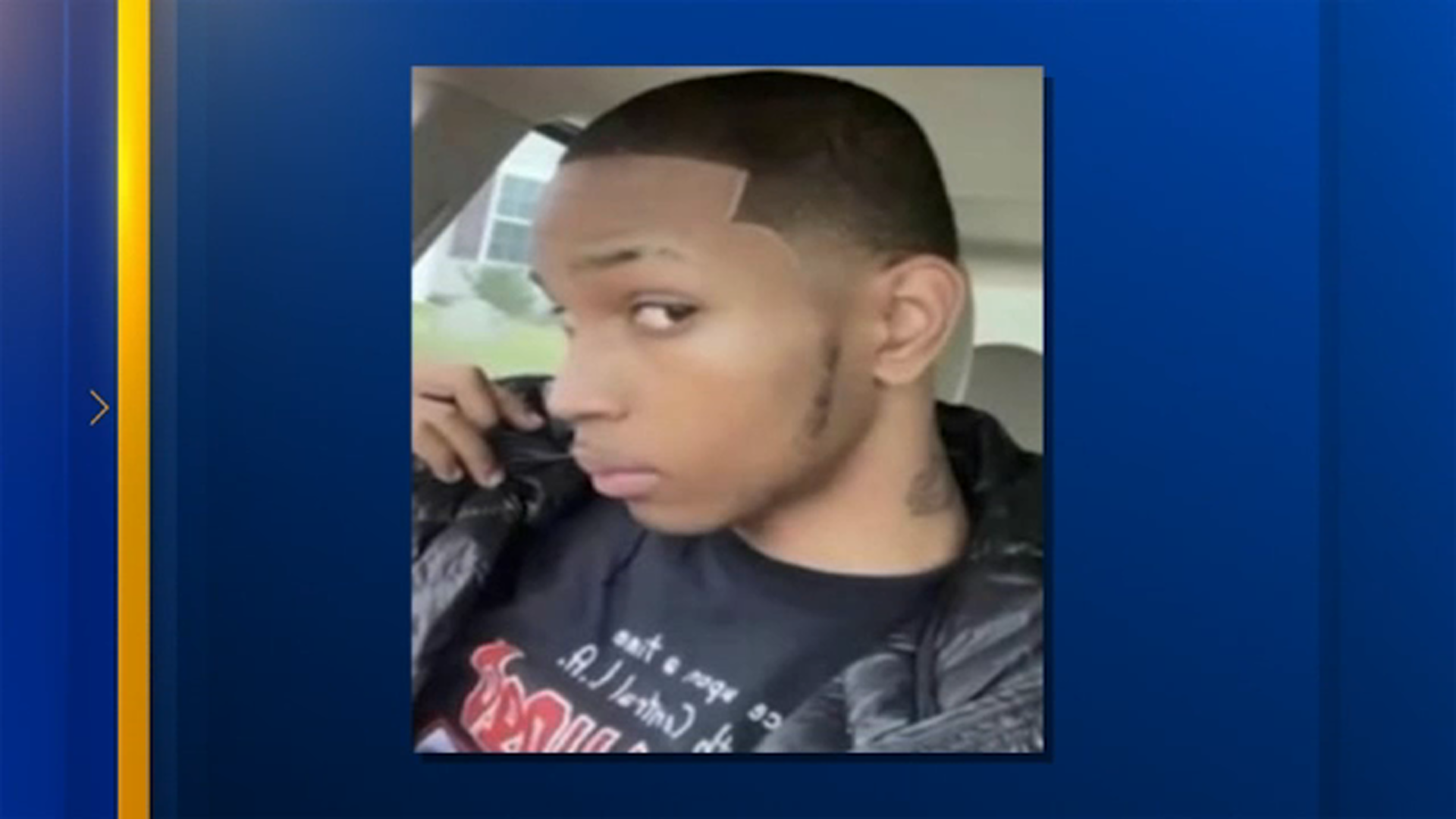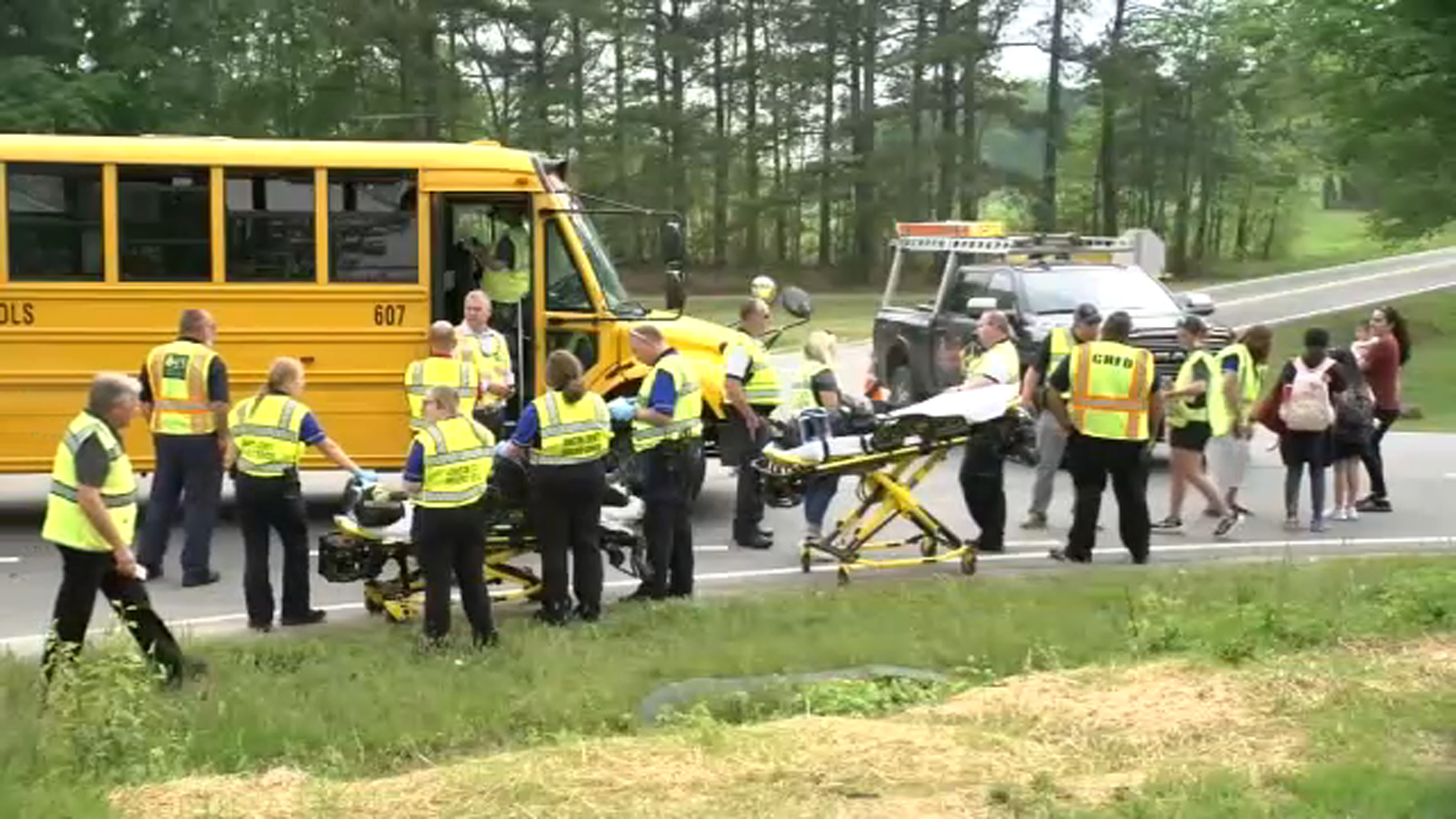Masks in schools debate intensifies as other states announce off-ramps
RALEIGH, N.C. (WTVD) -- The law of the land in Wake County, for now, is that children in K-12 schools must wear a face covering to help stop the spread of COVID19.
"Consistently over and over and over again, studies that look at school settings with universal mask policy vs. mask option, you see higher rates of transmission in those mask-optional schools," Dr. Betsey Tilson, North Carolina's Chief Medical Officer, told ABC11. "This is a very consistent finding in a school setting."
North Carolina officially rescinded its statewide indoor mask requirement last July while punting decisions on schools to the 115 districts across the state.
"Since the end of October, we have already given guidance to our school boards that as long as they are communities of high or substantial transmission, our recommendation is universal masking," TIlson said. "But as that community goes down to moderate or low, our recommendation is you could move to optional."
According to Tilson, officials insist they are not waiting for a time for "zero transmission" of COVID-19 before they adjust their masking recommendations, even as they did change quarantine protocols on Thursday.
"Let's remember children aren't by themselves in a school setting; they have teachers, staff members, and we also have adults that are high risk, and children also go back home to their communities, to their homes, where there may well be other higher-risk people."
Still, even Tilson concedes that pressure is mounting as "blue" states like Connecticut, Delaware, Illinois, New Jersey, New York and Oregon have all announced plans to make masks optional in schools by the end of March.
"If a child has bad diabetes, if a child is suffering from cancer and getting chemotherapy -- by all means, by all means," Rep. Dr. Greg Murphy, R-NC, told ABC11 about masks in schools. "As a physician, I have to be objective, I have to be objective and take emotion out of it and say look, this is what the truth is, this is what reality is and say look, you know it's really, really not necessary, and in fact, I think harmful to children."
Murphy, a practicing urologist in Greenville, has recently petitioned the National Institutes of Health to initiate new studies to evaluate whether lockdowns and other COVID19 restrictions while helping to reduce the spread of COVID19, may have inadvertently caused more harm to others.
"Because we shut everything down, people were told not to go to emergency rooms for two or three months or go see your doctor, and we know for a fact that 9 million cancer screenings didn't occur," Murphy, who said he supported early lockdowns in March 2020, explained. "We also know at-home deaths spiked because people may have had strokes or stress pains."
The Biden Administration meanwhile is continuing to promote COVID-19 vaccines as the safest and surest way to reduce severe cases of COVID-19 and subsequent hospitalizations and deaths, even in children.
"So it is true that Omicron is less virulent and causes less severe disease, but because we've seen so many children get infected, unfortunately, we have seen too many kids that have gotten severely impacted by COVID-19," Adm. Rachel Levine, MD, the U.S. Assistant Secretary for Health, told ABC11. "It is not clear what some of the long-term impacts of having COVID will be, which highlights the importance of our current vaccination programs for children."
Levine also emphasized the administration's commitment to promoting health equity as children in marginalized communities continue to be affected by the pandemic.
"There is a health equity issue with COVID-19, and those communities that have significant health disparities, particularly communities of color, the African American community, the Latino Community, the Native American and American Indian communities, that have been very impacted and their children have been more impacted," Levine said.








